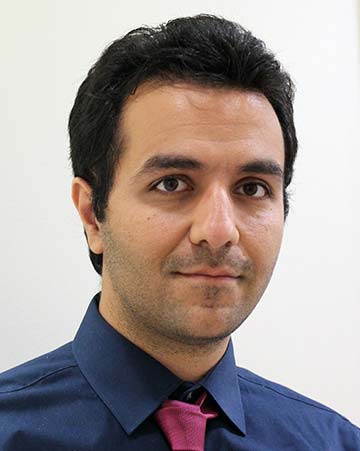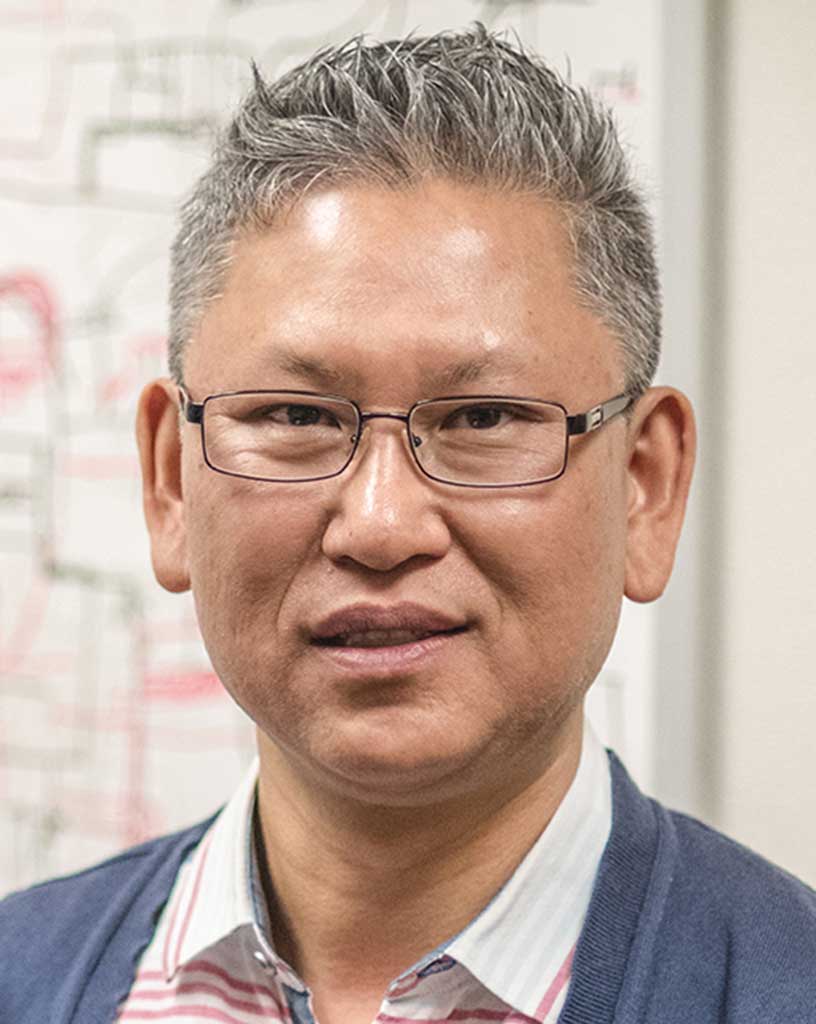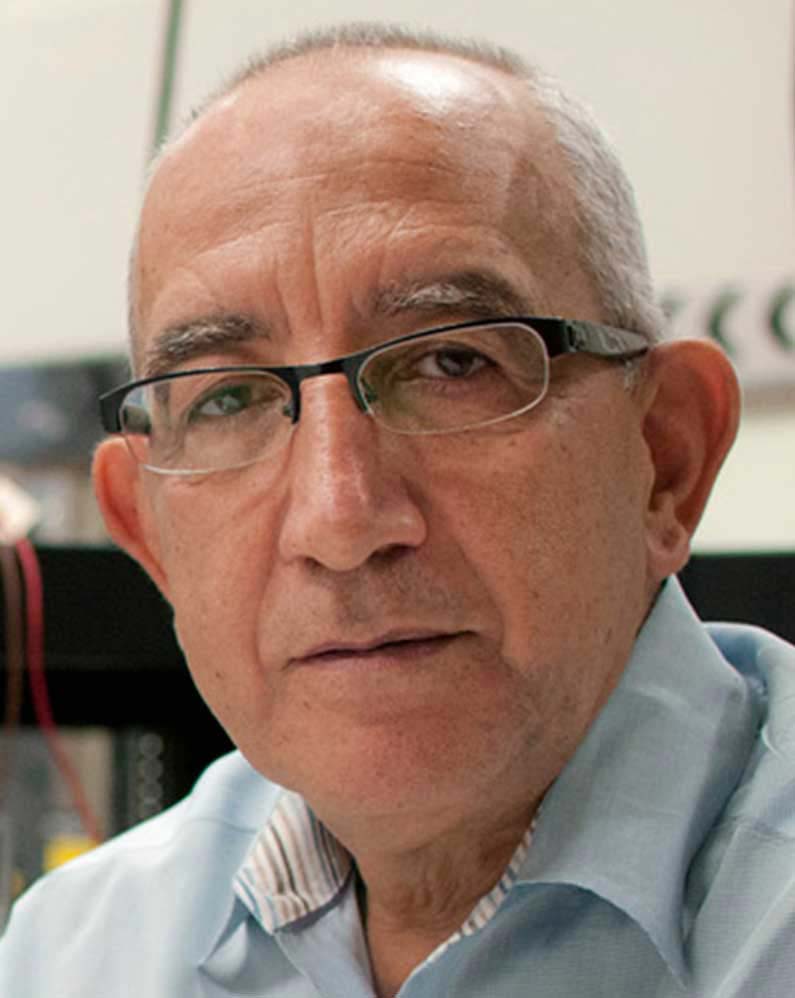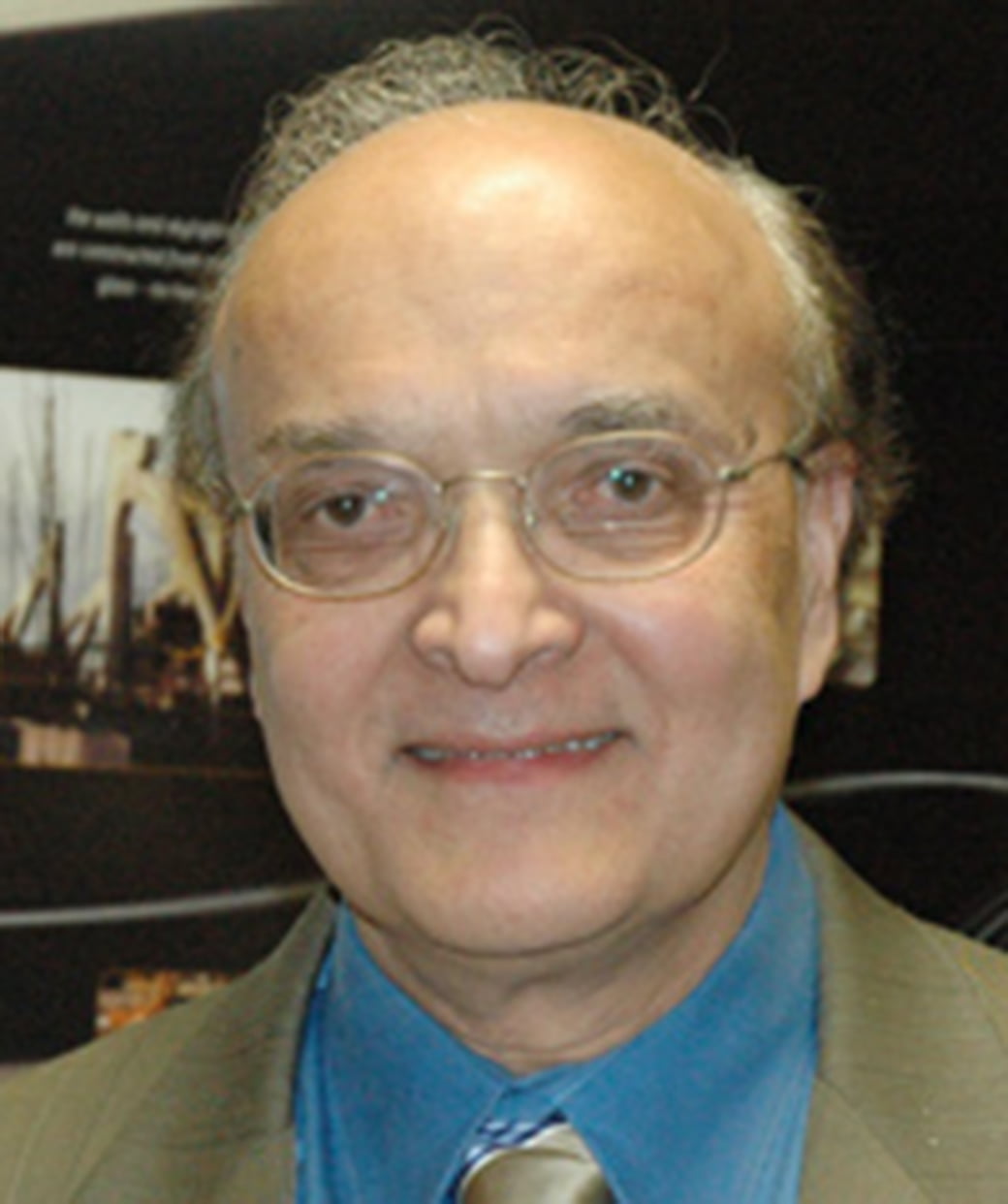634 Nedderman Hall
Box 19019
416 Yates Street
Arlington, TX 76019-0019
Materials
Materials Research in the College of Engineering

Institute for Predictive Performance Methodologies
The Institute for Predictive Performance specializes in heterogeneous materials including: polymer, metal, and ceramic based composites for structural, electrochemical, chemical processing, nuclear fuels and nuclear waste storage, and chemical processing applications.
Resources
Advanced Materials and Structures Lab
The lab has imaging capabilities for advanced material characterization and structural and nano/microstructural diagnostics. Imaging facilities include one-of-a-kind microfocus X-ray computed tomography facilities for large structures and in-situ mechanical testing; digital image correlation facilities ranging from high-resolution to ultra-high-speed; and state-of-the-art in-situ scanning electron microscopy micro/nanomechanical testing facilities. AMSL also has state-of-the art test systems for broad ranges of loading and environmental conditions; thermal analysis/rheology instrumentation; and unique manufacturing facilities.
Bioinspired Materials and Engineering Lab
The lab works on multidisciplinary research in the areas of bioinspired materials and engineering systems, soft materials and devices, digital manufacturing, and nanobiosensors. The lab is equipped for micro/nanofabrication, soft lithography, material synthesis, and cell culture.
Bozlar Nanoscience Lab
Research focuses on the synthesis and large-scale processing of low-dimensional nanomaterials; understanding the fundamental properties of nanomaterials; and investigating the potential applications of nanomaterials and their integration into devices. Equipment includes a thermoplastic polymer micro-extruder for the fabrication of high-performance and multifunctional nanocomposite filaments.
Center for Advanced Construction Materials (ACM)
ACM is a state-of-the-art interdisciplinary, civil engineering and materials science University Center of Excellence for developing, characterizing, and testing innovative and smart materials for the infrastructure. Researchers design and implement the use of sustainable and smart materials; address the societal needs of infrastructure and new types of construction; and create new pathways for a circular economy for the construction industry.
Characterization Center for Materials and Biology
A centralized user facility for comprehensive materials characterization from the surface to the internal and local microstructure at the atomic level. Instrumentation includes high-power, high-resolution TEM and low voltage TEM, dual-beam FIB/FESEM, high-resolution SEM, environmental SEM, EDS/EBSD, AFM, XRDs, XPS/AES, FTIR and Raman, Nano Indenter, DCS, TGA and exemplary sample preparation facility.
Materials Chemistry Laboratory
Research focuses on the low-temperature chemical synthesis and control of material composition, structure, and properties through experimental investigations at the atomic scale to mesoscale. Researchers employ high-resolution in situ analytical methods to probe, drive, and manipulate aqueous dissolution-precipitation reactions.
Multiscale Materials Modeling Lab
Research focuses on atomic-scale modeling and mesoscale phase-field simulation of structure-property relationships in materials science, aided by the supercomputing resources from the Department of Energy and Texas Advanced Computing Center.
Surface and Nano Engineering Laboratory
Research focuses on basic and applied materials processing-structure-property relationship with emphasis on the design and development of nanomaterials, thin films, multilayers, and. The lab has unique capabilities for materials synthesis via two versatile vacuum PVD/CVD systems with multiple DC, pulse and RF magnetron sputtering guns and electrochemical plasma processing. The lab is also equipped with corrosion/electrochemical testing systems, unique Atomic Force Microscopy capabilities for in situ studies, wear and tribology testing capabilities along optical profilometry with nano scale resolution.



























